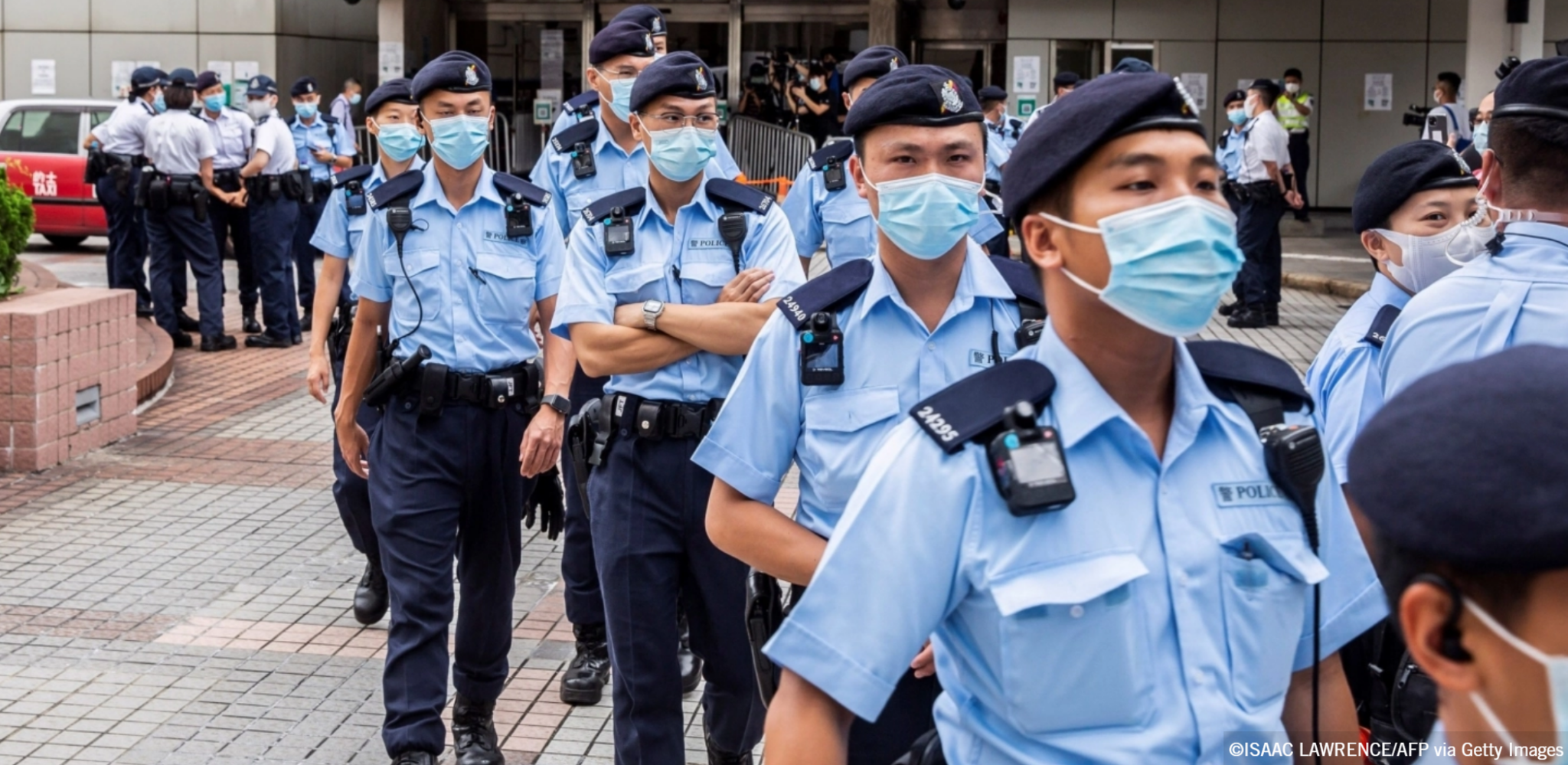Ahead of the appeal hearing of 13 people – among 45 individuals convicted in a mass trial last year of “conspiring to subvert state power” under Hong Kong’s National Security Law – Amnesty International’s China Director Sarah Brooks said:
“The Hong Kong 47 case stands as one of the most shocking examples of the crackdown on human rights in the city. This appeal hearing is a chance for the courts to start righting the wrongs of this unprecedented mass prosecution.
“Research findings we released earlier this month show that the vast majority of convictions under the National Security Law have targeted legitimate expression. It is appalling that Hong Kong courts could condone a crackdown that leaves more than 80% of defendants wrongfully languishing behind bars.
“This appeal is a pivotal test—not just for these 13 individuals, but for the future of freedom of expression in Hong Kong. Only by overturning these convictions can Hong Kong’s courts begin to restore the city’s global standing as a place where rights are respected and where people are allowed to peacefully express their views without fear of arrest.”
Background on the HK 47 case and the National Security Law
In Hong Kong’s largest prosecution under the National Security Law, which was enacted in June 2020, 47 opposition figures were jointly charged with “conspiracy to commit subversion”. Thirty-one of the 47 pleaded guilty to the charge while 16 pleaded not guilty, two of whom were acquitted.
On 14 July 2025, Hong Kong’s Court of Appeal will hear the appeal of 13 of those convicted. In the same hearing, Hong Kong’s Department of Justice will also appeal against the acquittal of one of the defendants, Lawrence Lau. The hearing is expected to take 10 days to conclude.
The charges against the “Hong Kong 47” relate to their organization and participation in self-organized “primaries” for the 2020 Legislative Council elections that were ultimately postponed by authorities on Covid-19 grounds before the Chinese government brought in a new electoral system that strictly vetted who could stand for office.
The city’s chief executive at the time, Carrie Lam, said the “primaries” were illegal and warned that they could be in breach of the National Security Law that had been enacted only weeks earlier.
To treat self-organized “primaries” conducted by political parties to select candidates to put forward for elections as a genuine threat to Hong Kong’s existence, territorial integrity or political independence does not meet the high threshold of application for “national security” that international human rights standards require.
Research published last month by Amnesty International, on the fifth anniversary of the National Security Law’s enactment, found that more than 80% of people convicted under the law have been wrongly criminalized and should never have been charged in the first place.
Hong Kong’s human rights situation has deteriorated dramatically since 2020, with Amnesty International identifying more than 250 people arrested for violating the National Security Law or a colonial-era “sedition” law. Last year, the Hong Kong parliament itself enacted further national security legislation – the so-called ‘Article 23’ law – which has further deepened repression and silenced opposition voices in the city.
Header image: Police gather outside the High Court in Hong Kong on July 30, 2021, during the first trial conducted under the National Security Law imposed by China. Photo by ISAAC LAWRENCE/AFP via Getty Images.






















